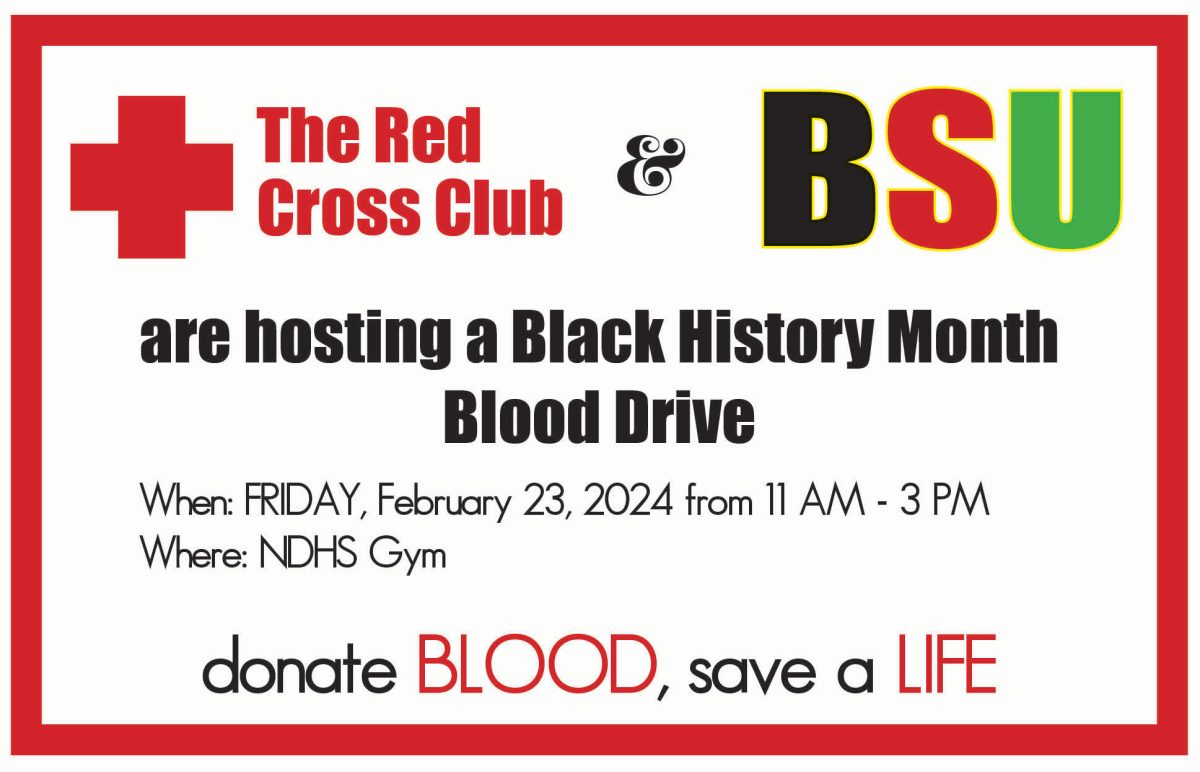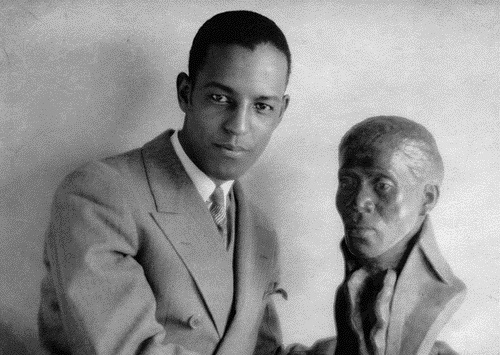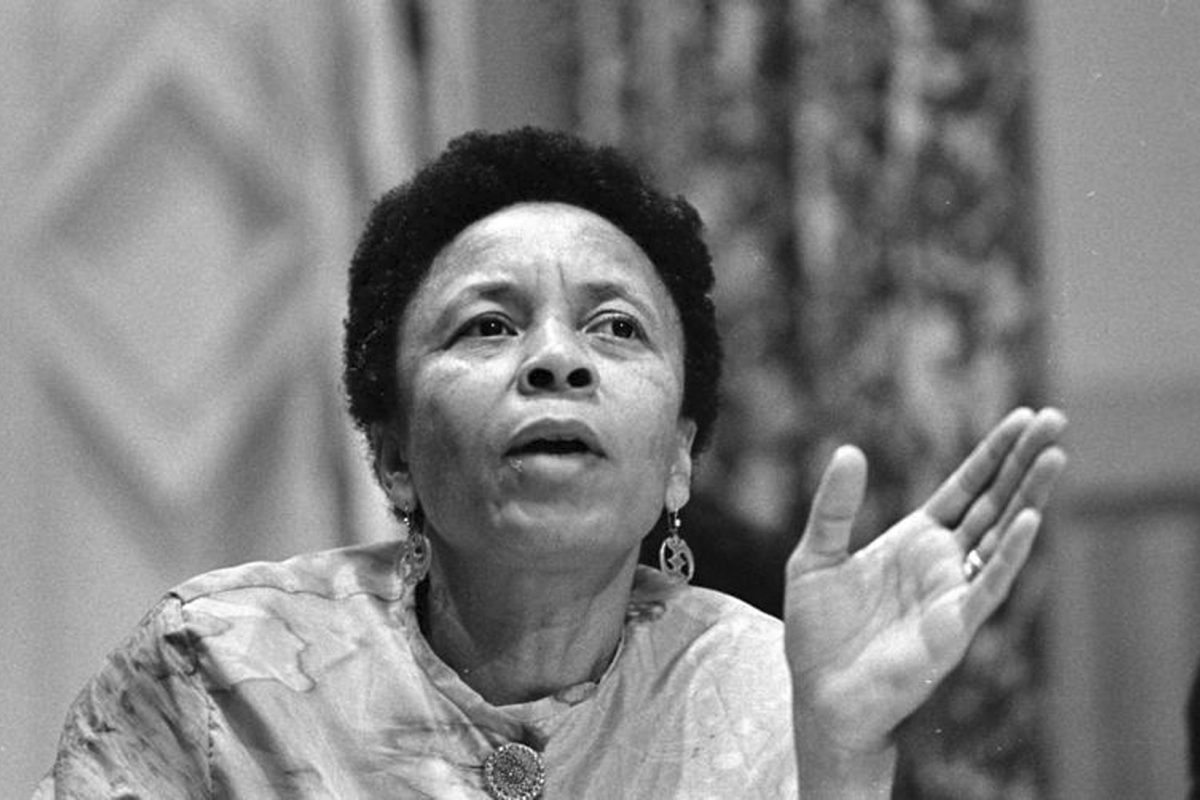ND’s Black Student Union (BSU) and the American Red Cross are working together this Black History month in order to bring a blood drive to our campus!
You might be wondering why BSU specifically wants the Black community at ND to donate blood. The reason lies with their community — 1 in every 13 African American babies are born with sickle cell trait and 1 in every 365 are born with sickle cell disease (UCLA Health).
Sickle cell is an inherited disease that causes red blood cells to die early, leaving people with a lack of healthy red blood cells. This can cause anemia, infection, and chronic pain.
One of the main treatments for sickle cell disease is blood transfusions, which require blood to be matched very closely in order to reduce complications, and many patients are more likely to find compatible blood from a donor of the same race.
The Red Cross reports the following: “In our current health system in the U.S., patients who are Black continue to face racial inequities in the fight against sickle cell disease. Unlike other diseases, there have been fewer health resources available to help those suffering from sickle cell disease in comparison to similar diseases, a troubling legacy of neglect for diseases that primarily affect individuals who are Black. Today, blood transfusion for patients with sickle cell disease remains as one of the primary treatments to help alleviate the pain of this disease. In addition to the sickle cell community, some Black individuals have specific protein structures on their red blood cells that can make it difficult to find a compatible unit of blood in other donor populations. Hospitals are constantly in need of Black blood donors to meet the demand for these specific patients.”
Right now, the Red Cross is offering sickle cell trait screening on “all donations from self-identified multiracial and Black or African American donors.” This screening has two positive outcomes. One, it can help the Red Cross identify compatible blood types for sickle cell patients. Two, it will provide donors with additional health information, meaning these donors can learn if they have sickle cell disease (SCD) or carry the sickle cell trait (SCT). This is especially beneficial during a time when health information has never been more important.
The Red Cross has been working closely with Black community leaders to improve trust and collaboration when it comes to blood donations. We applaud those leaders and our own BSU moderators who chose to hold this blood drive when we celebrate the members of our own Black community.
Last year’s blood drive was a huge success, with a large part of our students and faculty donating their time and blood to help our community.
A student donor from last year, Ali Horvath ‘24, said, “Donating last year was such a great opportunity to help others in an easy way. You just have to be willing to give some of your time (and blood) to sit and chat with a nurse.”
Another student donor, Raegan Davis ‘24, wants to remind you to, “eat before and take it easy after! Last year I almost passed out during my basketball game after giving blood because I wasn’t thinking ahead.”
We all know that giving blood (as long as you are 16 years old and at least 110 pounds with a parent signature) saves the lives of others, but also has benefits for those who donate.
Before donating, you have to get your vitals checked, revealing any health issues or a rare blood type, so you’re getting a free mini physical.
Blood donation is also linked with a lower risk of depression and a longer life, due to the good feeling we get by helping the people around us.
An added bonus — all students who donate blood earn five Christian Service hours and a free T-shirt.
So remember to sign up for the blood drive this Friday in order to help BSU stand up to sickle cell and benefit our entire community!





